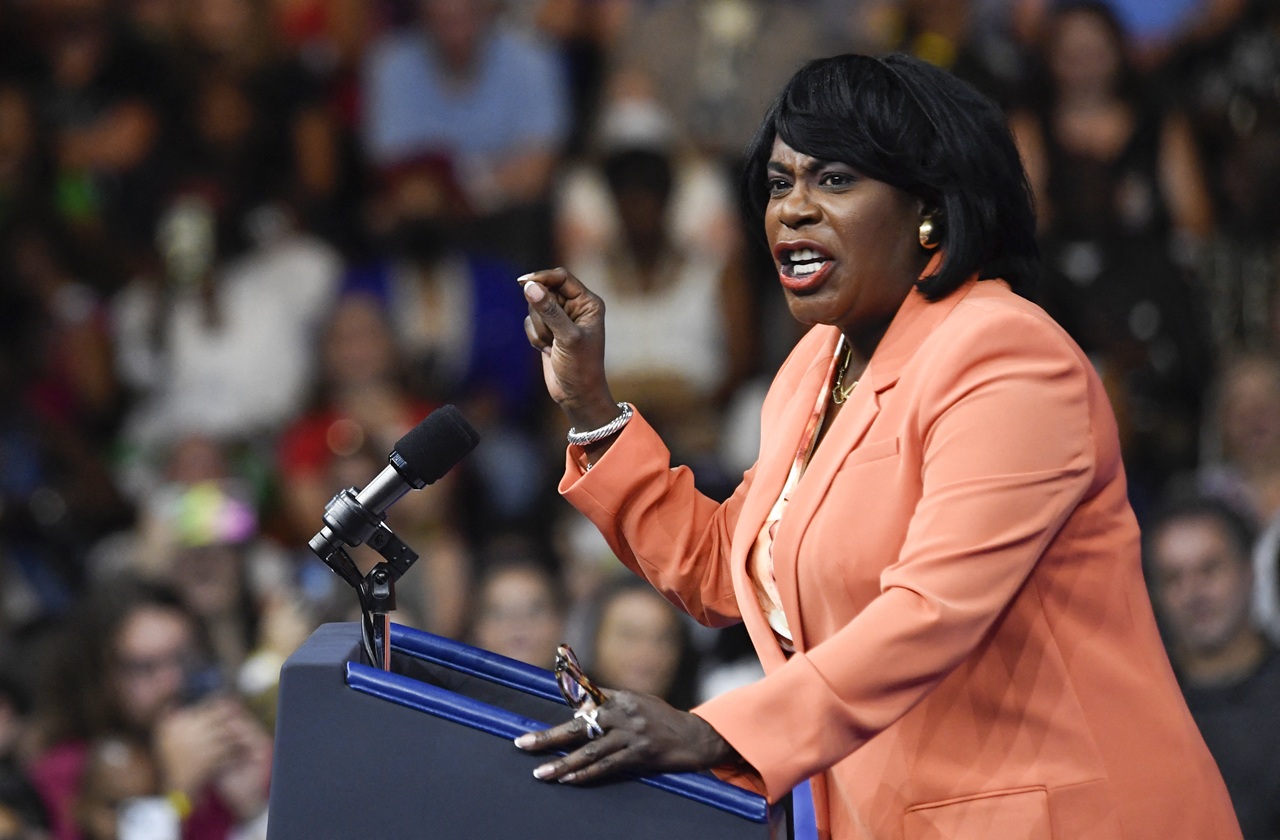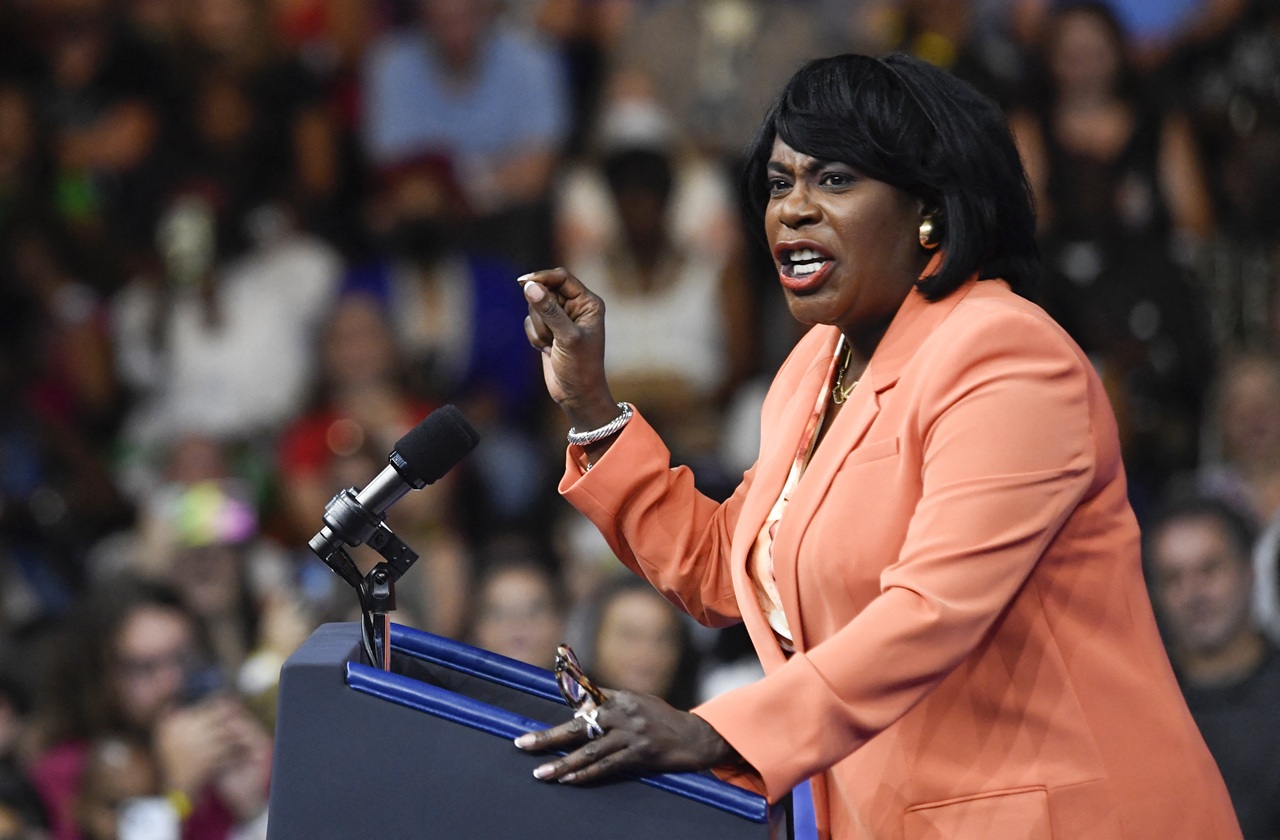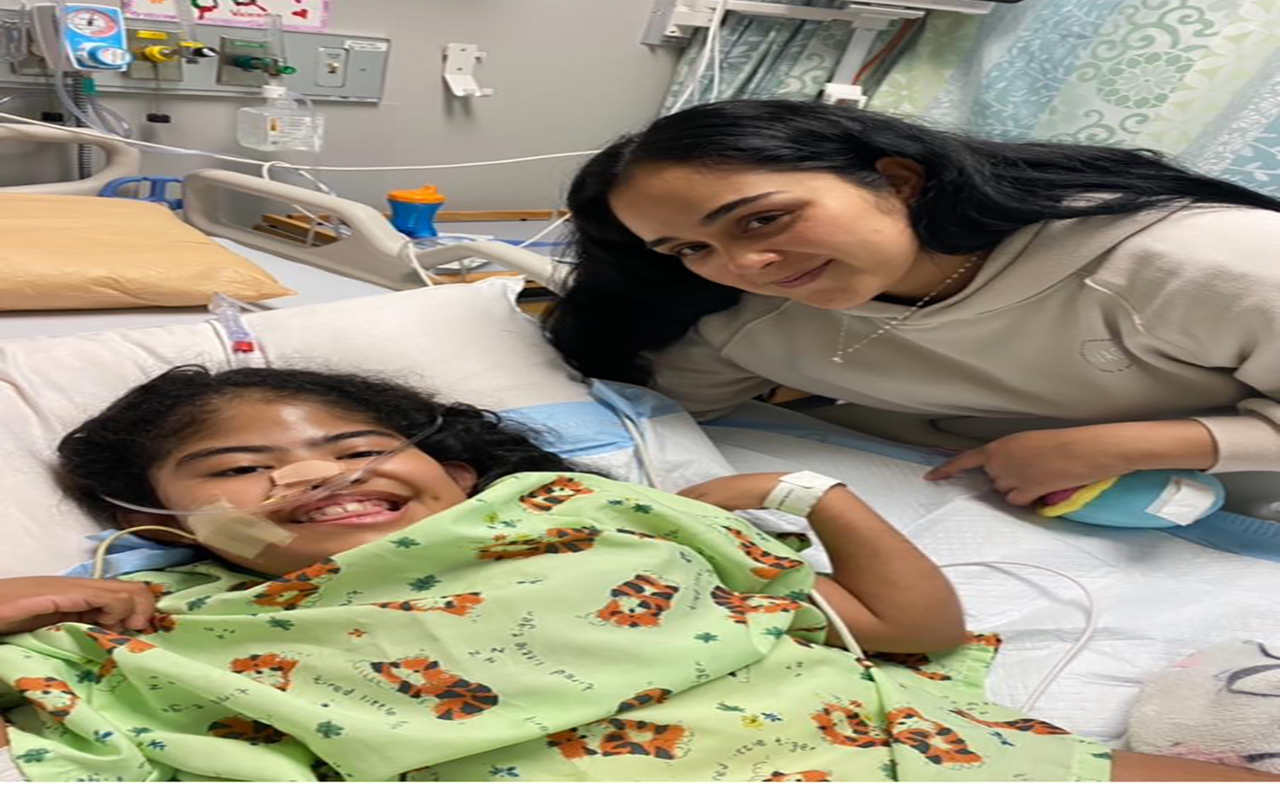Nina Ahmad wants to be the city’s chief collaborator, changemaker and cheerleader on Philly City Council
The former Deputy Mayor of Public Engagement and Democratic nominee for PA Auditor General is out for an at-large City Council seat in 2023.
One thing Dr. Nina Ahmad is not, is afraid. It’s why she thinks she makes a great candidate for Philadelphia City Council in 2023.
“I’ve seen tanks rolling down my street,” she recounted of her childhood in an infant Bangladesh during a recent interview with AL DÍA.
Ahmad was born when it was East Pakistan, and lived through the bloody war and genocide of the early 1970s that would create the new nation.
As she describes it, the experience was “extremely traumatic.”
In addition to the tanks that appeared in Dhaka, sent by a U.S.-backed military junta in West Pakistan (now just Pakistan), Ahmad can remember the tension that gripped her every night she went to sleep, wondering if it was the night the military would finally kick in the door to her house, and she would have to run out the back and hide in the family chicken coop. She also cut her hair and wore t-shirts and shorts to present like a boy, and avoid the horrors acted out upon hundreds of thousands of women during the conflict.
“Behave, don’t make waves,” was the message her and her family received from the invaders.
“A small group of people can make a difference.”
But amid the violent oppression of her people, Ahmad also saw them rise up in spite of it all.
“That’s my very fundamental basis of saying: ‘People want to be free,’” she said. “They will make the ultimate sacrifice to do that.”
That realization is also where Ahmad bases her politics, which she carries out to this day.
“A small group of people can make a difference, do make a difference, and we have to remember the sacrifice we stand in,” she said.
Every morning, Ahmad wakes up and remembers the 3 million people who died founding Bangladesh, and also the 250,000 to 300,000 women traumatized and raped amid the conflict.
Ahmad wouldn’t come to the U.S. until after the war to pursue a college education, but one of the first instances she can remember involving the country, it was also a story of a small group of people winning against a seemingly insurmountable power.
The small group of people were members of the International Longshoremen’s Association, who used their dinghies to blockade the massive cargo ships contracted by the U.S. government to send arms to the same Pakistani army that was massacring revolutionaries in Bangladesh.
Ahmad’s family would listen to the developments surrounding the blockade from a shortwave radio while on the roof of their house. It was also a common topic of conversation between her parents. Eventually, the longshoreman won, and the U.S. canceled its arms sale to Pakistan.
“Unions to me are for collective bargaining, but more than that, it’s about standing up against oppression,” she said.
She learned that in Bangladesh and expanded upon it once she arrived in the U.S. — a country still reckoning with 400 years of slavery.
“There’s a point of intersection of understanding how you fight oppression, and there’s also a point of intersection of how you are reduced and minimized, and what that does structurally throughout your life,” Ahmad said.
Understanding the mechanisms of oppression
On the latter point, Ahmad has encountered instances of reduction and minimization throughout all of her experiences in both medicine and her first forays into government.
Her key to overcoming those barriers was education, and she wants to give more people in Philly the same opportunities she had when she first arrived.
“The fact that I’m running for office is to understand those barriers that I faced, and how do we structurally remove them for others?” said Ahmad of her City Council run in 2023.
After she got her undergrad from Lawrence Technological University in Michigan, Ahmad arrived in Philadelphia at 23 years old to pursue a doctorate in biochemistry at the University of Pennsylvania.
She had always been interested in the life sciences, particularly “how things work.”
“What are mechanisms of things that work?” Ahmad added.
Later on, Ahmad would be part of a team at Wills Eye Hospital that discovered a mutation that linked collagen to an inherited disease with symptoms affecting the eyes and joints. Once again, she saw the power of the little guy and organizing, as colleagues banded together to get continued funding for the research and spread the findings to more communities.
“Information equals power,” she said of a vital realization, and it would also begin Ahmad’s transition to public service.
The privilege of information in politics
Her first foray into politics in Philadelphia came when she was still a doctorate student, hosting a fundraising party at her house in West Philly for then at-large City Council candidate Angel Ortiz, who would go on to be the first Latino ever elected to Philadelphia City Council.
But it didn’t get real for Ahmad until the 2004 presidential election, as she got heavily involved in the campaign of Howard Dean. In place of social media — which was first utilized to great electoral success by Barack Obama in 2008 — Dean’s camp used conference calls to connect with prospective voters across the nation. He would call in once a day with a number of different groups.
Ahmad’s job was to connect the candidate with the Bangladeshi and larger AAPI community, and she was once again hosting parties at her house to gather community members and talk to Dean.
“This is your right as much as anybody else’s,” she would often say to members of the community that felt disengaged.
Though Dean’s run was unsuccessful, the experience also taught Ahmad a number of different things about the intersection of non-white communities and politics. First, that they can be mobilized “even if they seem to have stood on the sidelines.” Second, “to have a seat at the table really matters.” And third, it also gave her insight into the lack of power there existed when race and gender intersected.
Still, she was now in politics for the long haul, and would later be tapped by the Obama Administration to serve on its Asian American Advisory Commission. Locally, she became a committeeperson in Philadelphia’s Ninth Ward and was eventually selected by Mayor Jim Kenney to lead the creation of the Mayor’s Office of Public Engagement, making her the first Asian American Deputy Mayor in Philadelphia’s history.
That experience harkened back to her time in science, as she learned more about the privilege of information, and how it is “circulated among the few” in local government.
Her job as the Deputy Mayor of Public Engagement was to reach those communities out of the loop and bring them to the table.
“People closest to the pain should be at the table making policy,” Ahmad said of her approach.
Beyond government work, Ahmad also got heavily involved in women’s rights issues, and became a board member of the National Organization for Women, becoming the Pennsylvania chapter president of the organization in January 2022.
Putting Philly on the map
Her first run for office came in 2020, as she ran in the statewide race for PA Auditor General. Ahmad won a competitive six-way Democratic primary without the party’s support before losing in the general election to Tim Defoor. Despite the loss in the face of a pandemic that made campaigning more difficult than ever, Ahmad still looks positively at her run because of what she achieved across the state given what she represents.
“Here I was, a Brown, Muslim woman, scientist, advocate, feminist,” she said, and she reeled in more than 3 million votes — more than Hillary in 2016 and Barack in 2012 in Pennsylvania, she cited.
The run also informed one of the things that sits at the center of her run in 2023 for an at-large City Council seat — how poorly Philadelphia is perceived by the rest of Pennsylvania.
“I have a huge problem with that,” said Ahmad. “I am determined that’s going to change.”
RELATED CONTENT
For one, she sees Philadelphia as not only the economic driver of the Commonwealth, but also one of the drivers of the entire U.S.
“We’re the sixth largest city in the country. We behave like we’re some church mouse sitting on the side,” said Ahmad.
Her second point of emphasis regarding the City of Brotherly Love is its status as a sanctuary city.
“We are the original sanctuary city in the country,” she said, referring to Philadelphia’s position on the Underground Railroad for escaped slaves. “That is our ethos. We have always been a welcoming city.”
“That’s how I’m here,” Ahmad added, referencing her own journey to Philly from Bangladesh.
Community health at the center
Outside of being a cheerleader for the city on the state and national scale, Ahmad’s platform also takes a community health approach to addressing some of Philly’s biggest issues.
When it comes to gun violence, the trauma she sees among the city’s youth facing the crisis, is the same as her own when tanks roamed the streets of her city.
“We are having a war right here,” Ahmad said, “and it’s traumatizing everyone.”
Rooted in that experience is the trauma-informed approach she offered to solve the crisis. Some of the cogs of that approach have already begun spinning at the city, identifying the short and long term solutions to the crisis and steering the most at-risk youth away from engaging.
When talking to AL DÍA, Ahmad mentioned “finding alternatives” for youth dealing drugs, and more mental health support for both victims and perpetrators of gun violence.
On the enforcement side, she brought up the importance of involving all agencies (local, state and federal) to target both the violent actors in hard-hit neighborhoods, and the flow of guns and drugs into the city. Collaborations have occurred at different levels throughout the last two years in the city, but the effort has often still looked disjointed from the outside looking in, and Ahmad wants to be the one on City Council to finally play an effective mediator.
“I’m someone who likes to roll up her sleeves and if there’s an issue, and if there’s a solution that people have come to collectively, let’s execute,” said Ahmad.
“We know how to do this,” she added. “This is because it’s Black and Brown people who are suffering. That’s why we’re not getting the attention. That’s why we’re not getting the resources.”
That collaboration across many levels of government would also involve getting more funding for the city’s schools.
Taking relief to the people
At the city level, Ahmad wants to make certain programs that allow low-income residents to lower their taxes happen automatically without any red tape.
One of her examples was the Homestead Exemption program, which allows eligible residents that own a home to significantly reduce their property taxes. It’s a program designed to help Philadelphia homeowners pay less taxes and keep more money in their pockets, but once again, the power of information comes into play. Those that know about the exemption program and how to fill out the application have a significant upper hand against those that don’t when it comes to receiving the benefits.
Ahmad wants to get rid of the application process and make it automatic for those that are eligible.
Ahmad said the same thing about the Longtime Owner Occupants Program (LOOP), and certain applications and reliefs for small businesses.
“Let’s just give it to them,” she said.
The 2023 Democratic primary in Philadelphia is on May 16, 2023.

This content is a part of Every Voice, Every Vote, a collaborative project managed by The Lenfest Institute for Journalism. Lead support is provided by the William Penn Foundation with additional funding from The Lenfest Institute, Peter and Judy Leone, the John S. and James L. Knight Foundation, Harriet and Larry Weiss, and the Wyncote Foundation, among others. To learn more about the project and view a full list of supporters, visit www.every voice-every vote.org. Editorial content is created independently of the project’s donors.











LEAVE A COMMENT: